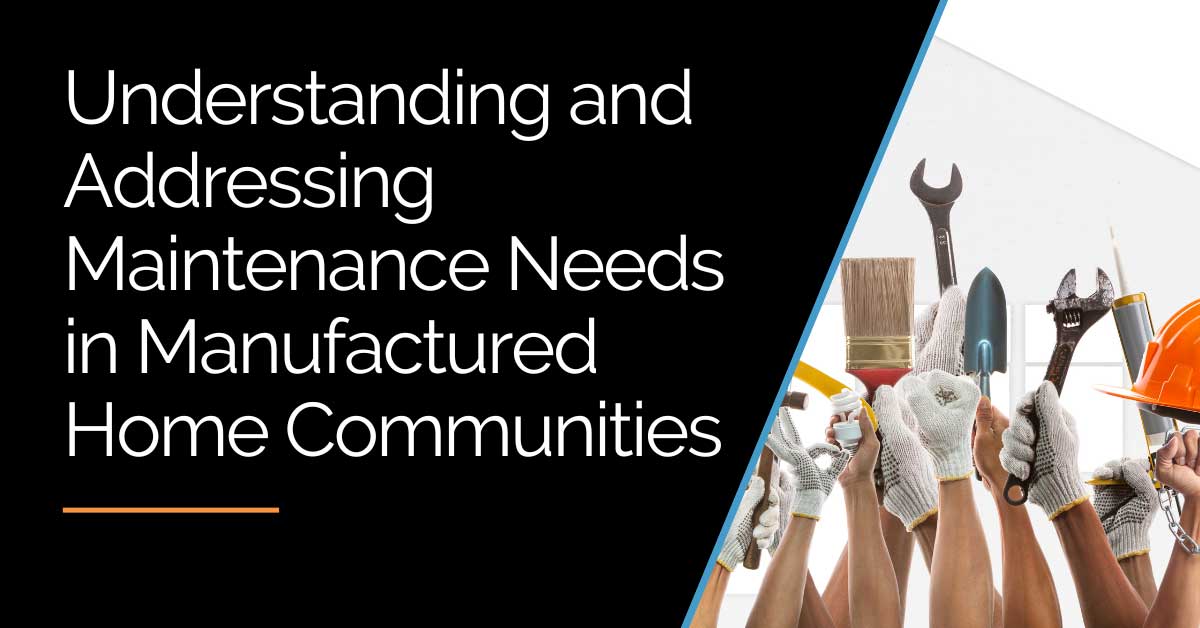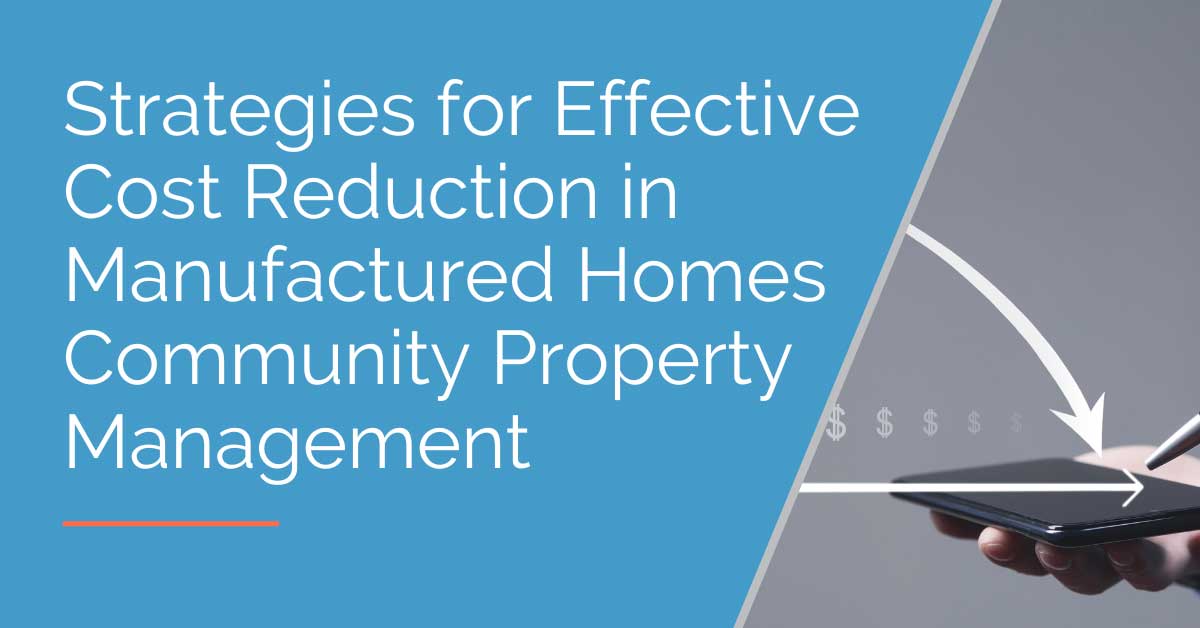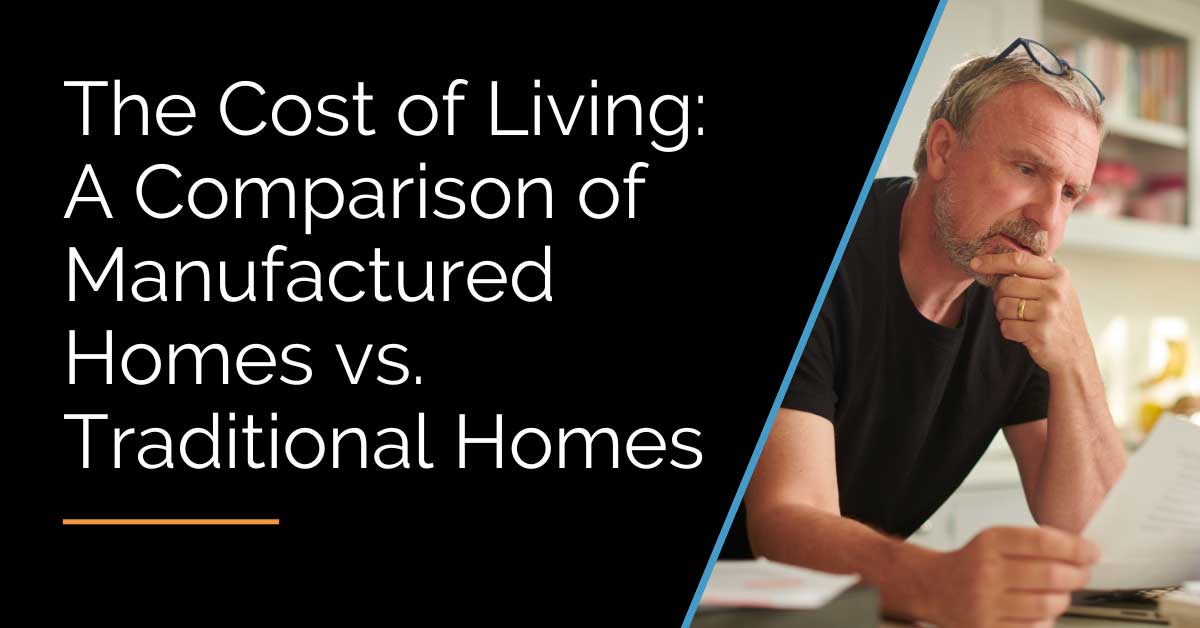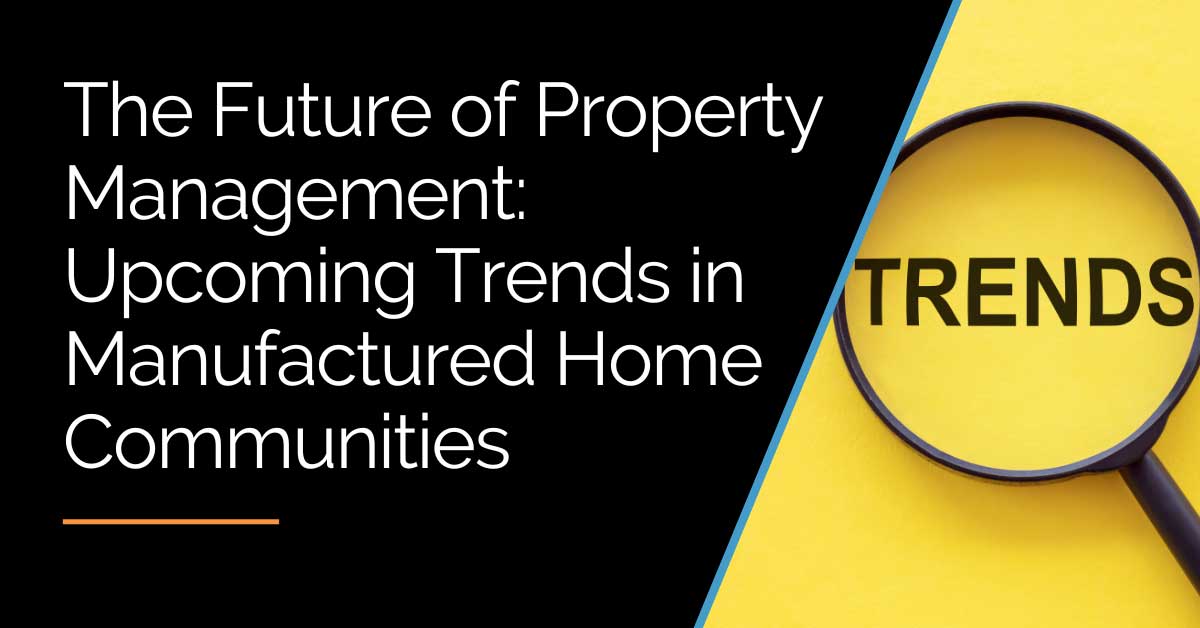Understanding and Addressing Maintenance Needs in Manufactured Home Communities
Responding to maintenance needs in manufactured home communities (MHC) is critical to its success. The overall aesthetic appeal, functionality, and safety of the community heavily depend on diligent maintenance.
This article will guide you through understanding and addressing the unique maintenance needs of an MHC.
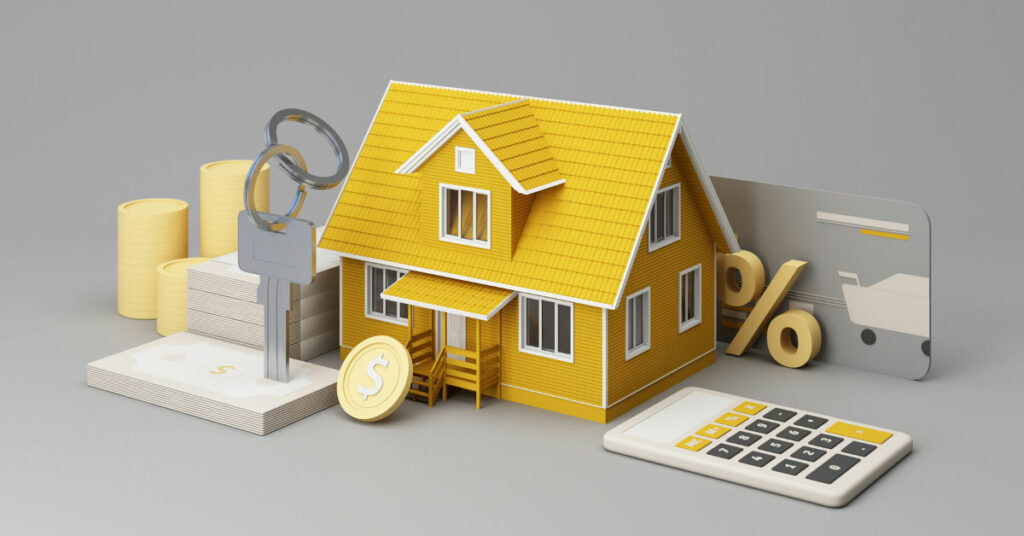
The Importance of Maintenance in Manufactured Home Communities
Well-maintained MHCs are not just pleasing to the eye; they also increase tenant satisfaction, ensure safety, and protect the long-term value of the community.
Regular maintenance helps prevent minor issues from becoming major problems that could be costly to repair and disrupt the peaceful living environment.
Types of Maintenance in Manufactured Home Communities
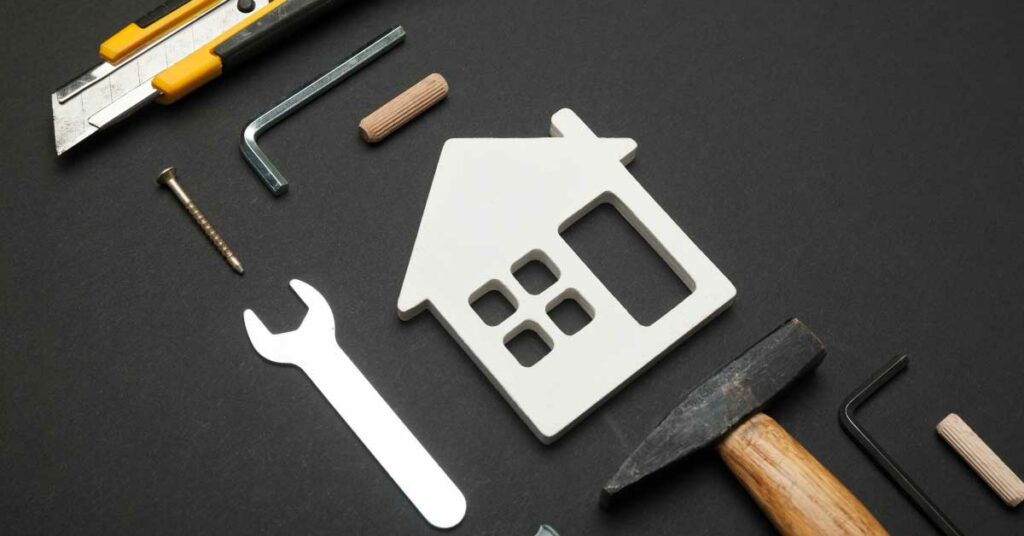
Routine Maintenance:
This includes regular upkeep tasks, like mowing lawns, maintaining communal spaces, and servicing community infrastructure (streets, lighting, etc.). It’s the backbone of a well-managed MHC and greatly influences tenant satisfaction.
Preventive Maintenance
This proactive approach identifies potential issues before they become serious problems. For instance, regularly inspecting homes and infrastructure for any signs of wear and tear, or damage can prevent more significant issues down the line.
Responsive Maintenance
When problems occur, timely and effective repairs are crucial. Whether it’s a broken water main or a damaged road, swift action can prevent further damage and maintain tenant satisfaction.
Key Areas of Maintenance
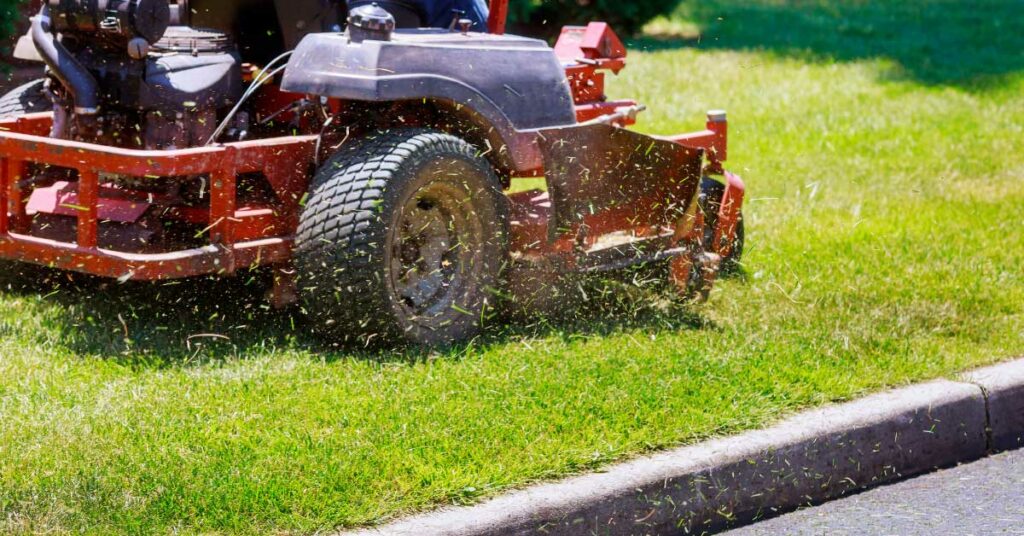
Grounds Maintenance
Keeping the communal spaces tidy and attractive is essential. This involves landscaping, clearing trash, and maintaining playgrounds or community facilities.
Infrastructure
Regularly inspect and maintain roads, streetlights, parking lots, and utility systems.
Home Exteriors
Although individual homeowners are typically responsible for their home maintenance, it’s in the community’s best interest to encourage and facilitate this. Providing guidelines and resources can assist homeowners in maintaining their property.
Safety Features
Ensure safety features like fire hydrants, speed bumps, and signage are in good condition.
Overcoming Maintenance Challenges
Here are some strategies to address common challenges in MHC maintenance

Develop a Maintenance Schedule: Regularly scheduled maintenance tasks can help ensure they aren’t overlooked. Include both routine and preventive maintenance tasks in the schedule.
Establish a Reporting System: Tenants can be a valuable resource for identifying maintenance issues. Implement an easy system for tenants to report any problems.
Invest in Professional Services: For certain tasks, like landscaping or major repairs, hiring professionals can often be more efficient and deliver better results.
Build a Maintenance Reserve: Set aside funds each month to cover both expected and unexpected maintenance costs.
Final Thoughts
Understanding and addressing the maintenance needs in a manufactured home community is key to ensuring its long-term success and profitability.
By developing a comprehensive maintenance plan and being proactive in identifying and fixing potential issues, you can protect your investment, ensure the safety and satisfaction of your tenants, and maintain the appeal of your community.
Remember, a well-maintained community is a thriving community.

About the Author
Anequim specializes in connecting Property Managers with highly skilled, bilingual virtual assistants.
From leasing calls to property maintenance coordination and accounting, Anequim’s comprehensive services are crafted to meet the unique demands of the MHC industry.
Anequim handles recruitment, learning and development, performance management, and more, ensuring a seamless integration of virtual support tailored to your property management needs.
Looking to enhance your property management services with a dedicated team of Remote Professionals? Visit Anequim today and discover how they can drive success for your community.

